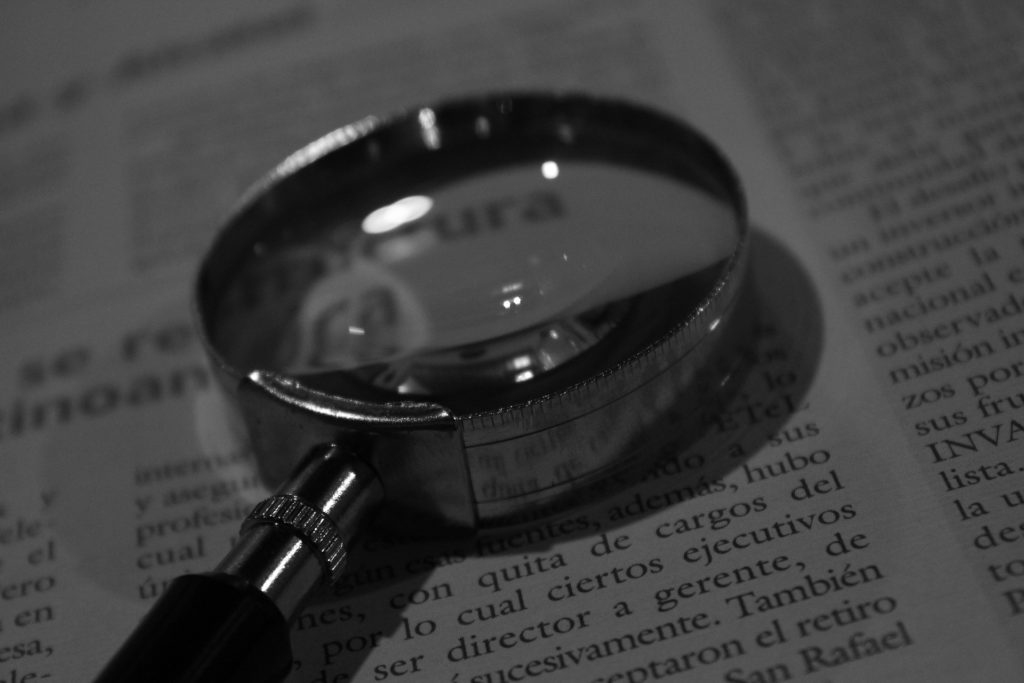Found in a good book
This week has involved a great deal of travelling. The downside of this is the hours of time it eats, and in this season of ever darkening days, the sure knowledge that the beautiful sunny vista that you can see from the train window will have vanished into pitch black by the time you’re actually permitted to be outside again. But the upside, of course, is what you choose to do with the hours of getting from A to B. When driving, there is the chance to listen. When being driven (via bus, train, or whatever), there is the chance to read.
I read two books this week. One was slow, gentle, rather melancholy; the other fast, pacy and extremely funny. I would recommend both, in fact (and you’ll find links for them at the bottom of the page). But it’s the second that I want to write about. It was published in 1946, and written by that most intriguing of authors and composers, Edmund Crispin (aka Bruce Montgomery, composer of the music for the Carry On films). Its name? Holy Disorders.
I don’t intend to spoil the story for you, but to give you the basic idea: Holy Disorders is one of a number of detective novels featuring the Professor of English Language and Literature at Oxford University, Gervase Fen, as its hero. Well, hero of a sort. He is bright, brilliant, often rude, usually outrageous, frequently to be found drinking whisky or indulging his latest hobby (in this particular story, collecting insects), and solving murders. He also has a rather uncanny habit of breaking the fourth wall – to which Crispin occasionally responds in footnotes – and spending every spare moment pondering questions of literature. There are also, as one might expect given Crispin/Montgomery’s professional life, frequent references to classical music. In fact, the Holy Disorder in question is the matter of a cathedral organist being mysteriously knocked on the head.

The Fen mysteries – the few I’ve read of them, anyway – are absolutely hilarious and brilliantly witty. But they come with a catch. Crispin is writing for an audience in the know. There are endless poetry quotations, allusions to Shakespeare, references to other authors, characters given specific names only in order that they might take the role of punchline in certain specific scenes (and this book contains a particular corker of an interview based around Poe’s The Raven), and so on. There are also cultural references to events and systems of the 1940s. The mystery, in fact – wickedly ingenious as it usually turns out to be – is only one aspect of what these books have to offer.
Books like this, I would suggest, are absolutely an argument for the importance of libraries and the brilliance of the internet, all in one. Without the opportunity to read widely, to develop and build on literary knowledge as a teenager and beyond, to read novels set in all periods and get an idea of what the cultural landscape might have been across a range of times and places – to get lost in a good book, simply put – Crispin’s novels would be extremely perplexing. You don’t need to have memorised the complete works of Shakespeare, but a passing acquaintance with a couple of famous speeches and sonnets is pretty useful. The vocabulary of these books is also occasionally obscure and also beautiful; he has sought out esoteric and wholly apposite words for certain characters and descriptions.
But there are also references (and potentially just words) which you might not know. And at that point, your smartphone is your new best friend. I laughed my way through the scene about The Raven, and then looked up the poem online to remind myself, picking up several other gags that had passed me by the first time around. I have a dictionary app which I used more than once. If things sounded like quotations and I didn’t know them, I headed over to Google. Every time I made the effort, it proved to be worth it. And perhaps some things still went over my head… but that’s alright by me. It was still a brilliant read.
At the time Crispin wrote these books, it’s pretty likely that he was aiming them at an audience who would indeed have grown up learning and memorising poetry at school, and perhaps inhabiting a particular kind of literary and cultural milieu which would have been familiar with the language he uses and the many jokes and puns throughout the book. I don’t recall ever memorising a poem at school, and my knowledge of ‘the classics’, such as it is, is extremely patchy and propelled largely by a sort of spaniel-like enthusiasm to find out about all the cool stuff I don’t know yet. But that doesn’t mean that such literature as Holy Disorders need be inaccessible in its in-jokes. And in fact, the great thing about Crispin’s writings is that you might well stumble upon a quotation or reference which prompts you to seek out the unknown original and learn something interesting and poetic along the way. As I find myself saying periodically on this blog – probably not often enough, in fact – knowledge of this kind is always exciting and valuable, and where you learn it is irrelevant. After all, plenty of my early classical music knowledge came from the rather more serious Oxford-based successor to Crispin’s nutty professor: one Inspector Morse by name. So if you find yourself near a bookshelf, and you spy Crispin’s name there, have a read. Have a laugh. And who knows? You might also learn something rather interesting.
The two books of the week were William Maxwell’s The Chateau and Edmund Crispin’s Holy Disorders

